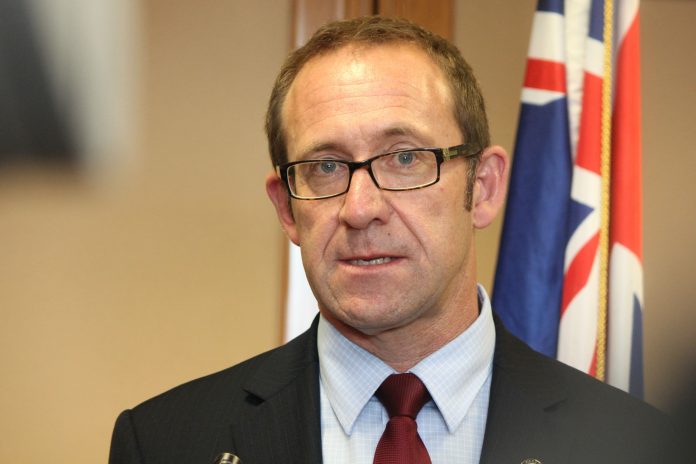Wellington, 10 July 2017 – Labour will further boost its commitment to warm, healthy housing with a Winter Energy Payment for super annuitants and people receiving main benefits, says Leader of the Opposition Andrew Little.
Everyone deserves a warm, healthy home to live in. But that’s not the reality for many people today. Too many of our houses are poorly insulated, damp, draughty, and unheated. Around 1600 New Zealanders die each year because of cold housing – that’s four times the road toll. It’s time for a fresh approach to fix this.
Labour will set standards to ensure rentals are fit to live in; we’ll use the savings from abolishing the speculators’ tax loophole to fund grants for families to install insulation and heating; and we’ll help older New Zealanders and low income families heat their homes in winter with the Winter Energy Payment.
I have met retirees and solo mums who have told me that they can’t afford the power bills they face in winter, so they’re forced to leave heaters off. That makes them cold; it makes them sick. It puts people in hospital and costs lives.
The AUT/HRV survey showing four out of 10 New Zealanders are turning off heaters to avoid high winter power bills shows there’s a real need for help.
The Winter Energy Payment will be $700 for couples and parents with kids at home, and $450 for single people. Around one million people will benefit. The payment will be made in monthly installments from May to September. With Labour’s fresh approach, our homes will be warmer, healthier places to live. The Winter Energy Payment forms part of Labour’s Families Package that we will unveil on Tuesday. Our plan shows how Labour will target low and middle income families and people in need, and tackle the crises in health and housing. In contrast, National would rather splurge on an election year tax bribe that goes disproportionately to the well-off.
After nine years, now is the time to deal with the challenges we face in housing, health and education and help those in real need. Labour will get the balance right,” says Andrew Little.










